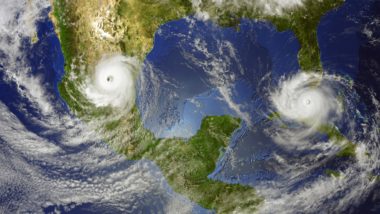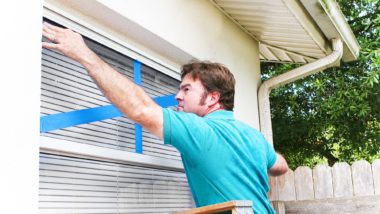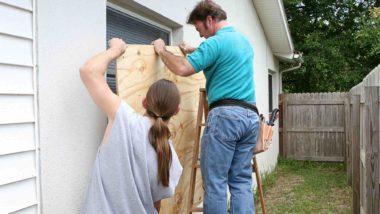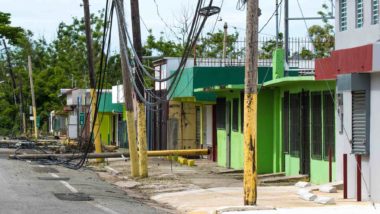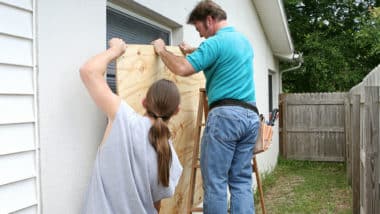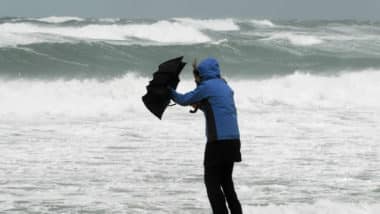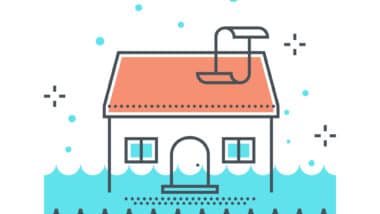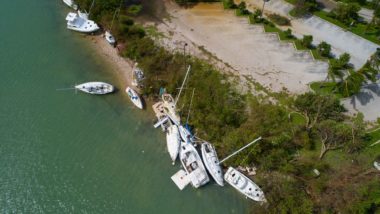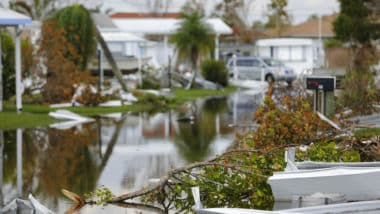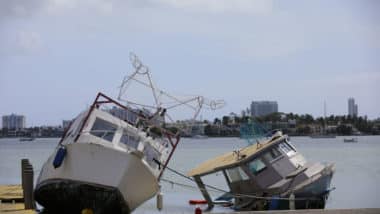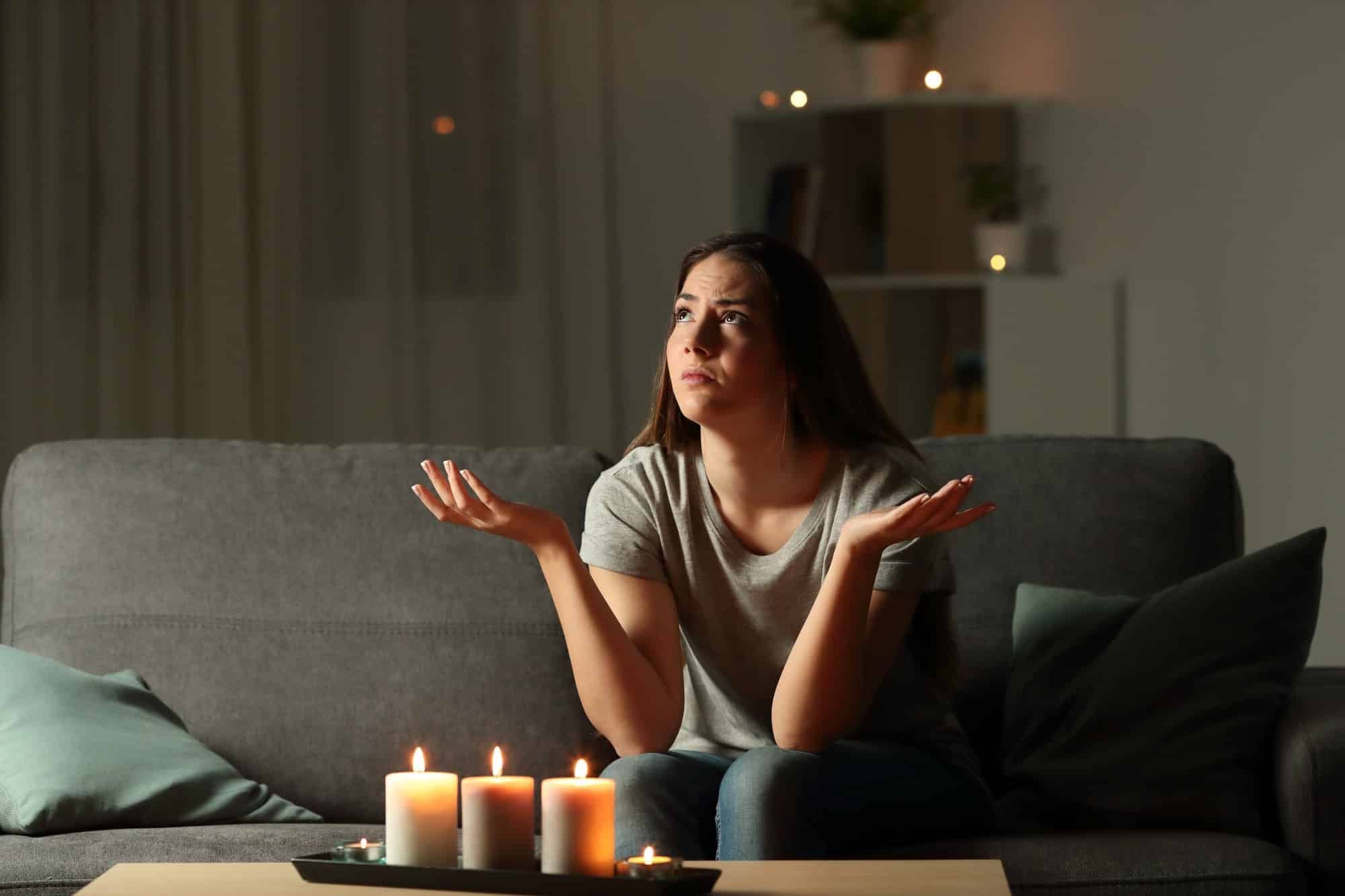
The coronavirus pandemic may affect the way that power companies and other utilities providers respond after natural disasters including hurricanes.
Hurricane Power Outages Pose Additional Threat in Era of Coronavirus
People living in areas at risk of experiencing tropical storms may have emergency plans in place in the event that a hurricane hits land, including an emergency preparedness checklist, stockpiles of clean water, or hurricane insurance for their homes. However, due to coronavirus, communities in hurricane-prone areas may now have even more to worry about.
Under normal circumstances, when a hurricane or tropical storm hits land and causes flooding, property damage, and other devastation, the power may temporarily go out. When this occurs, the power company may request help from other utilities around the country in order to gather enough workers to restore power to affected areas. These workers may travel from other parts of the country to assist with the aftermath of the hurricane. However, future power outages caused by hurricanes may be handled differently due to the ongoing pandemic.
While typical hurricane power outages are often handled by workers who come in from out of state and set up staging sites, or small temporary cities where the crew can live for the duration of the disaster, this may be impossible due to social distancing guidelines.
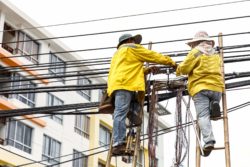
Without power, it may be harder for victims of hurricanes to socially distance, and under stress many may forget to engage in hygiene and other protocols meant to reduce the spread of the contagious virus. Additionally, people who might normally consider evacuating during tropical storms may be more hesitant to travel due to the pandemic, and could risk riding out the storm at home, potentially leading to additional emergencies.
Additionally, it appears likely that at least one hurricane will hit land this hurricane season. According to researchers from Colorado State University, there is a 70 percent chance that a major hurricane will affect the U.S. coastline this year. It has already been a record-breaking year for tropical storms, with three named tropical storms emerging by June 2020.
How to Protect Yourself From Hurricane Damage
People living in communities at risk of hurricanes may want to consider making an emergency plan for what to do if a hurricane hits, keeping a stockpile of non-perishable food and fresh water, and ensuring that batteries, flashlights, and phone chargers are in working order. Additionally, purchasing hurricane insurance to protect your home and personal property may be a worthwhile expense if you live on a U.S. coastline.
While many people believe that their regular homeowners insurance will cover damage caused by hurricanes and flooding, this is often not the case. Additional hurricane insurance may be required in order to cover damage caused by tropical storms; flood data can impact by region as well.
If you have suffered from property damage due to tropical storms or hurricanes, you may be entitled to compensation from your insurance company. Even if you have already received a settlement, speaking with an experienced attorney may be a way to ensure that you have collected the entire amount of compensation you are owed.
ATTORNEY ADVERTISING
Top Class Actions is a Proud Member of the American Bar Association
LEGAL INFORMATION IS NOT LEGAL ADVICE
Top Class Actions Legal Statement
©2008 – 2026 Top Class Actions® LLC
Various Trademarks held by their respective owners
This website is not intended for viewing or usage by European Union citizens.
E-mail any problems with this form to:
[email protected].
Oops! We could not locate your form.

